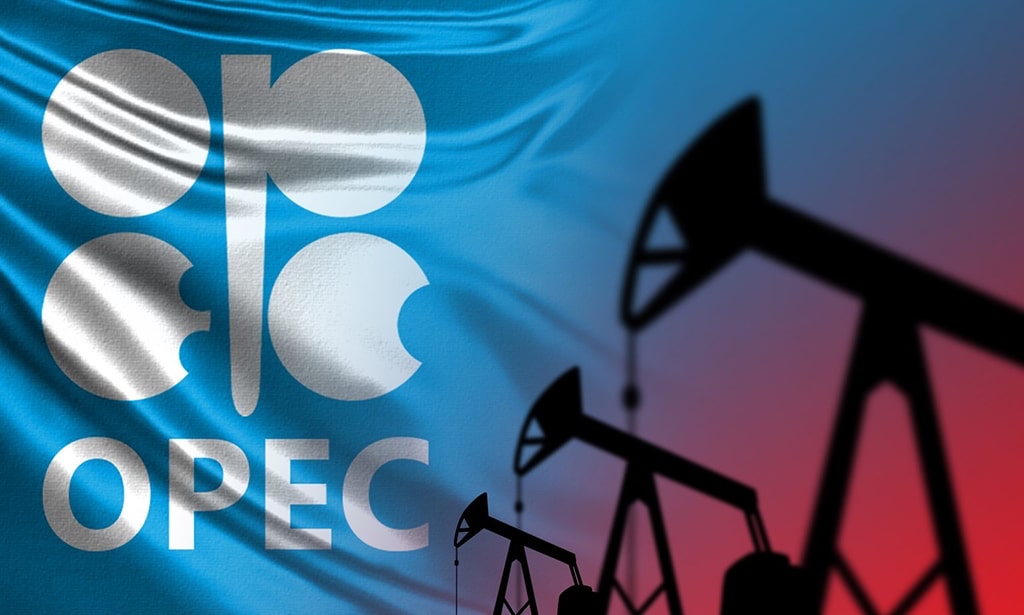The latest decision by the Organization of the Petroleum Exporting Countries (OPEC) and its allies, known as OPEC+, to reduce oil output by an additional one million barrels per day (bpd) for the first quarter of 2023 has failed to boost oil prices, which continued to slide on Monday amid doubts over the effectiveness and implementation of the voluntary cuts.
Oil prices have been under pressure from a sluggish global economy, a surge in the omicron variant of the coronavirus, and a looming oversupply in the market. Brent crude futures, the international benchmark, dropped by 1.4% to $77.78 a barrel, while U.S. West Texas Intermediate (WTI) crude futures fell by 1.5% to $72.98 a barrel.
According to a report by Reuters, Analysts said the OPEC+ cuts were not enough to balance the market, especially as some members, such as Iraq and Nigeria, have a history of non-compliance with their quotas. Moreover, the cuts were voluntary in nature, meaning that each producer could decide how much to reduce its output, rather than having a binding target.
“Crude seems to be under continued pressure from the OPEC+ decision,” said Vandana Hari, founder of oil market analysis provider Vanda Insights. “The market is not convinced that the cuts will be fully delivered and that they will be sufficient to offset the demand destruction from omicron and the economic slowdown.”
Adding to the bearish sentiment, global manufacturing activity showed signs of weakening in November, as factory output and new orders slowed down in major economies, such as China, the U.S., and the euro zone. The data implied strong economic headwinds that reinforced concerns about oil demand growth, said Tamas Varga of oil broker PVM.
On the other hand, some geopolitical factors provided some support for oil prices, as the risk of supply disruptions from the Middle East conflict increased. Fighting resumed in Gaza on Sunday, after a fragile ceasefire between Israel and Hamas collapsed. Three commercial vessels came under attack in international waters in the southern Red Sea, the U.S. military said on Sunday, without naming the perpetrators.
Meanwhile, Western countries have stepped up efforts to enforce the $60 a barrel price cap on seaborne shipments of Russian oil imposed to punish Moscow for its war in Ukraine. Washington on Friday imposed additional sanctions on three entities and three oil tankers involved in transporting Russian crude.
The oil market is expected to remain volatile in the coming weeks, as the uncertainty over the omicron variant, the OPEC+ cuts, and the Middle East conflict persists. Some analysts, however, remain optimistic that oil prices will recover in the medium term, as vaccine rollouts and economic stimulus measures boost demand.
“The market is currently in a state of panic, but we think this is temporary and that oil prices will rebound once the dust settles,” said Edward Moya, senior market analyst at OANDA. “The fundamentals of the oil market are still strong, and we expect oil demand to surpass pre-pandemic levels by the second half of 2023.”



